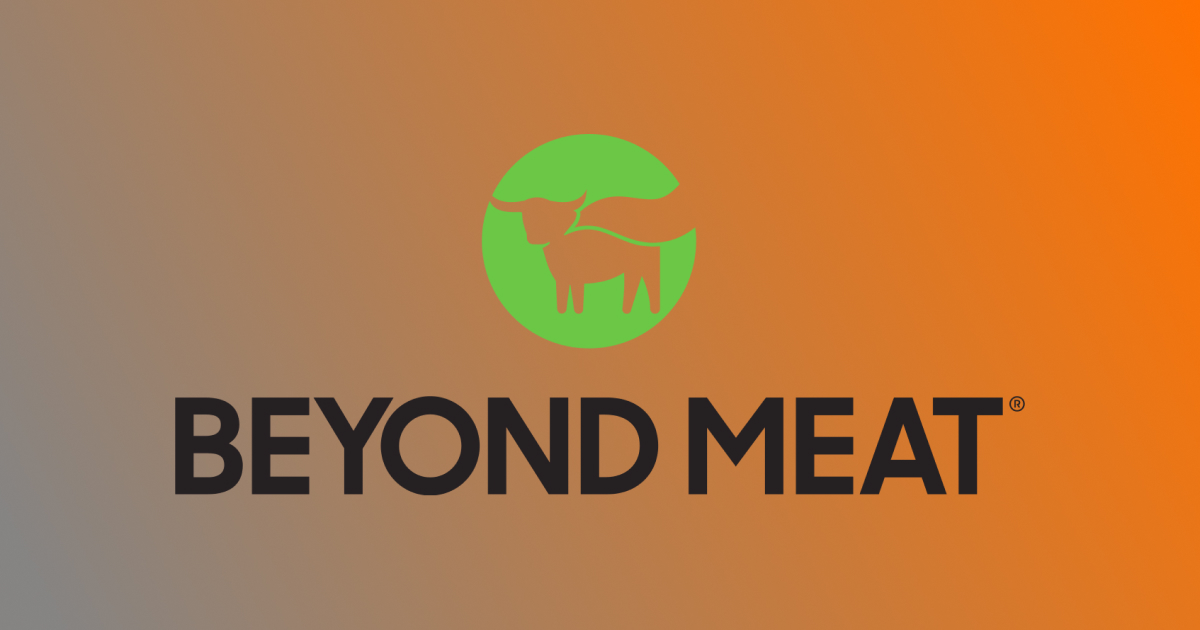
Try the Trefis machine learning engine above to see for yourself how Beyond Meat stock is likely to behave after any specific gain or loss over a period. In comparison, the S&P 500 has an average return of 3.1% over the next 21 trading days under Case 1, and an average return of just 0.5% for Case 2 as detailed in our dashboard that details the average return for the S&P 500 after a fall or rise. Is the average return for Beyond Meat stock higher over the subsequent month after Case 1 or Case 2?īYND stock fares better after Case 2, with an average return of 2.4% over the next month (21 trading days) under Case 1 (where the stock has just suffered a 5% loss over the previous week), versus, an average return of 10.3% for Case 2.

But will BYND’s stock continue its downward trajectory over the coming weeks, or is a recovery in the stock more likely?Ĭase 1: Beyond Meat stock drops by -5% or more in a weekĬase 2: Beyond Meat stock rises by 5% or more in a week With continued high investment in R&D, investors are worried that another Covid-19 wave will take a toll on the company’s foodservice division, with top line growth being affected even as the company continues to incur higher expenses. In Q2 2021, despite revenues rising 32% y-o-y, net loss almost doubled from $10.2 million to $19.7 million on account of higher R&D expenses. Also, there are some concerns regarding the company’s profitability. If the cases continue to rise and some form of lockdowns are reimposed, it will lead to supply bottlenecks and reduced demand for these new products, thus affecting the company’s top line growth. Beyond Meat recently announced the launch of its new plant-based chicken tenders at restaurants in the U.S. The spread of the Delta variant has also led to fear and uncertainty regarding re-imposition of lockdowns. A major part of this decline has come in July 2021, mainly due to caution on the part of investors on the foodservice sector amidst resurgence in Covid-positive cases. Photographer: Gabby Jones/Bloomberg © 2020 Bloomberg Finance LPīeyond Meat stock (NASDAQ: BYND) has dropped almost 50% in the last six months and currently trades at $127 per share.

has been able to shift to greater sales at retail outlets as the coronavirus pandemic affected restaurant sales, though the split between retail and foodservice may not rebalance until at least mid-2021. A package of Beyond Meat sausages arranged in the Brooklyn borough of New York, U.S., on Friday.



 0 kommentar(er)
0 kommentar(er)
